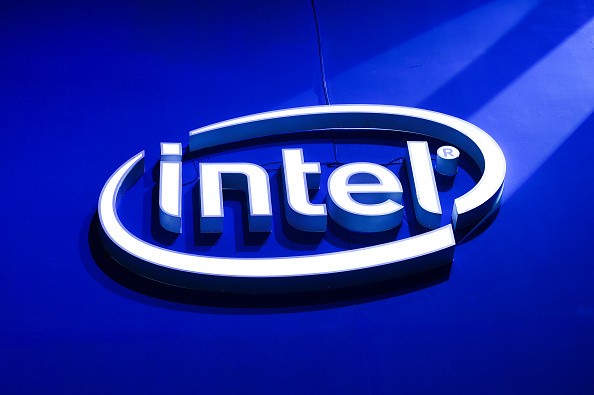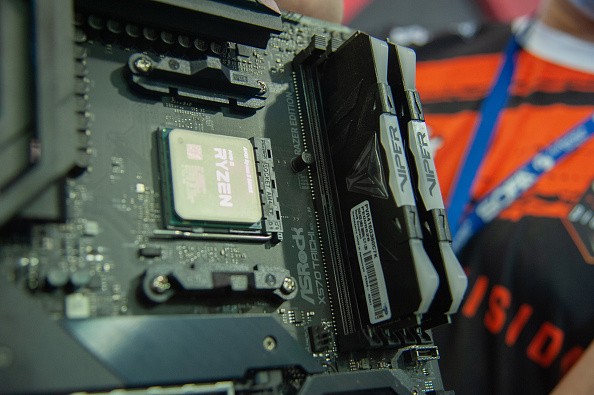Intel looks like it is finally turning the tables against AMD Ryzen-a battle they started losing over four years ago.

With the release of their excellent 12th gen Alder Lake processors, Team Blue has made major market share gains, reports TechRadar. The sales numbers are doing great-more so since the chips have only been out for over a month.
The sales numbers, which came from MindFactory (and shared via screenshots on Imgur), show figures for November. Alder Lake chips outpaced other architectures such as Comet Lake and Rocket Lake for last month with a 37% market share (Comet Lake had 28% and Rocket Lake 34%).
This is still far behind AMD's Vermeer CPUs (aka the Zen 3-based Ryzen 5000 series), which lorded it over in November with a 68% market share. Second-placer Cezanne (Ryzen 5000 with integrated graphics) is at far second with 15%, and Matisse (Ryzen 3000) is at third place with 14%.
Actual revenue numbers weren't shared as of the moment.
But as far as Intel Alder Lake chips are concerned, this is already a huge win for Team Blue. 12th gen proved to be a massive rebound from the sub-par performance of 11th gen, which was not received well by both reviewers and users.
Various reviews of the 11th gen chips, particularly the top-end Core i9-11900K, were horrible. Tech YouTube channel GamersNexus even went as far as calling the 8-core/16-thread CPU "embarrassing" during their review:
Now, however, the tides have turned. The decision to go for a hybrid, Arm-based architecture seems to have worked in Intel's favor. Almost every Alder Lake chip proved to be faster than the competing Ryzen 5000 CPUs from the bottom tier up, and sometimes, it wasn't even close.
With this news, one could argue that the erstwhile CPU industry leader is finally turning things around.
AMD's Answer To Intel
It remains to be seen, but for now, the ball is in AMD's court to try and create a suitable response.
There's no major news talking about mainstream Zen 4 CPUs-at least none yet. For now, the only information around concerns data center chips like the EPYC line, which is shaping up to be a monstrous one for Team Red.

According to Tom's Hardware, the next-gen EPYC processors based on the Zen 4 architecture will have as many as 12 DDR5 memory channels. This is a four-channel upgrade from the current-gen parts, where high-end chips only have eight.
With this many memory channels, the Zen 4 EPYC CPUs (codenamed Genoa) will have access to blazing-fast memory bandwidth rated as high as 460.8 GB/s for each socket, which is more than double than what current chips can do with DDR4 memory (204.8 GB/s).
What this could mean for mainstream Zen 4 CPUs is that they could also have access to insanely fast DDR5 memory (which Alder Lake got access to first), which would theoretically further increase the chips' overall performance.
Should things fall into place, the upcoming answer to Intel's 12th gen could potentially be a big one.
Related Article : Intel Alder Lake i3 Chips Are FASTER Than AMD Ryzen 3 Series, According To Latest Leak
This article is owned by Tech Times
Written by RJ Pierce
ⓒ 2026 TECHTIMES.com All rights reserved. Do not reproduce without permission.




